除夕 一起诵双语《吉祥经》,愿全年吉祥!
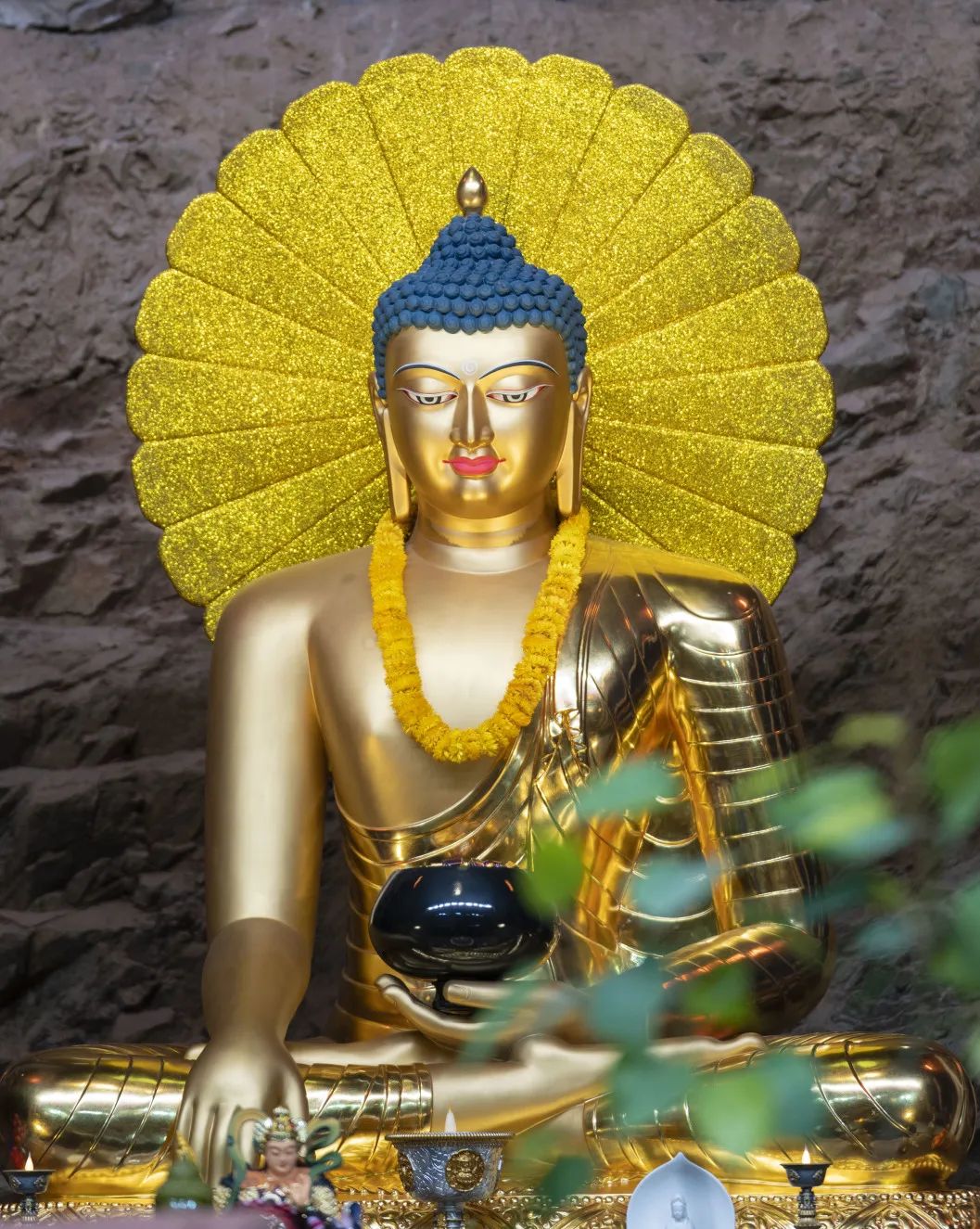

点击播放
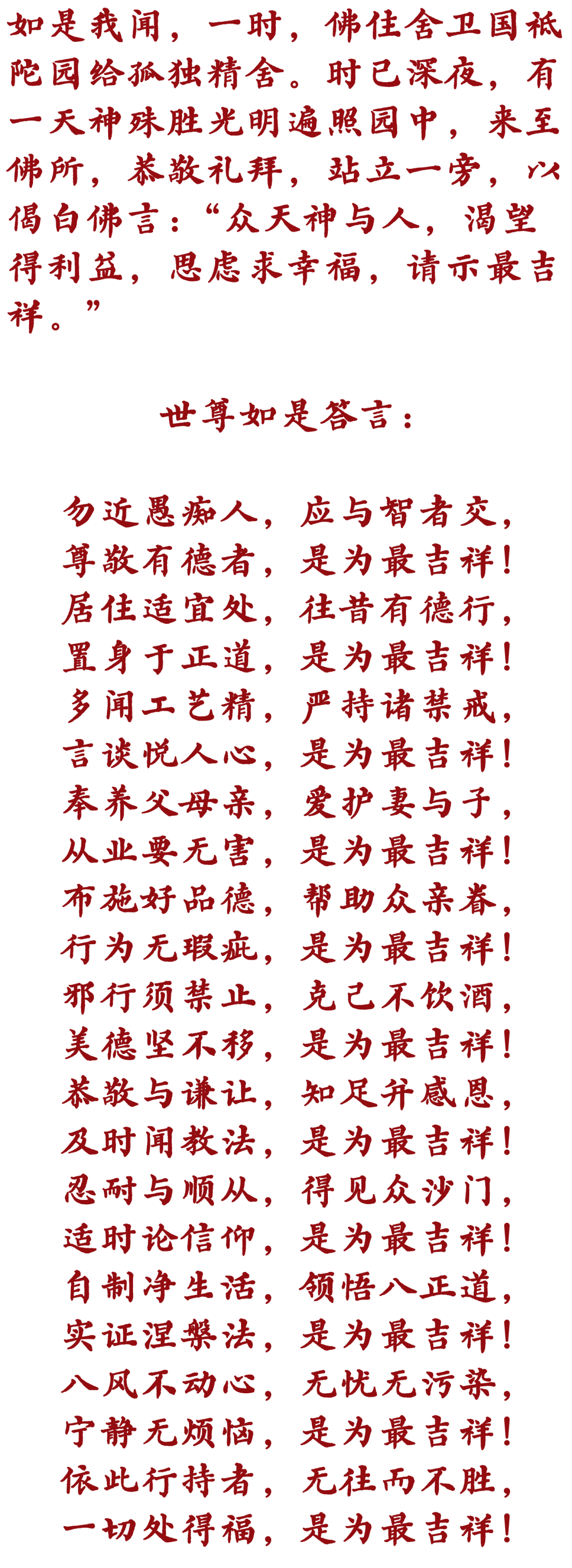
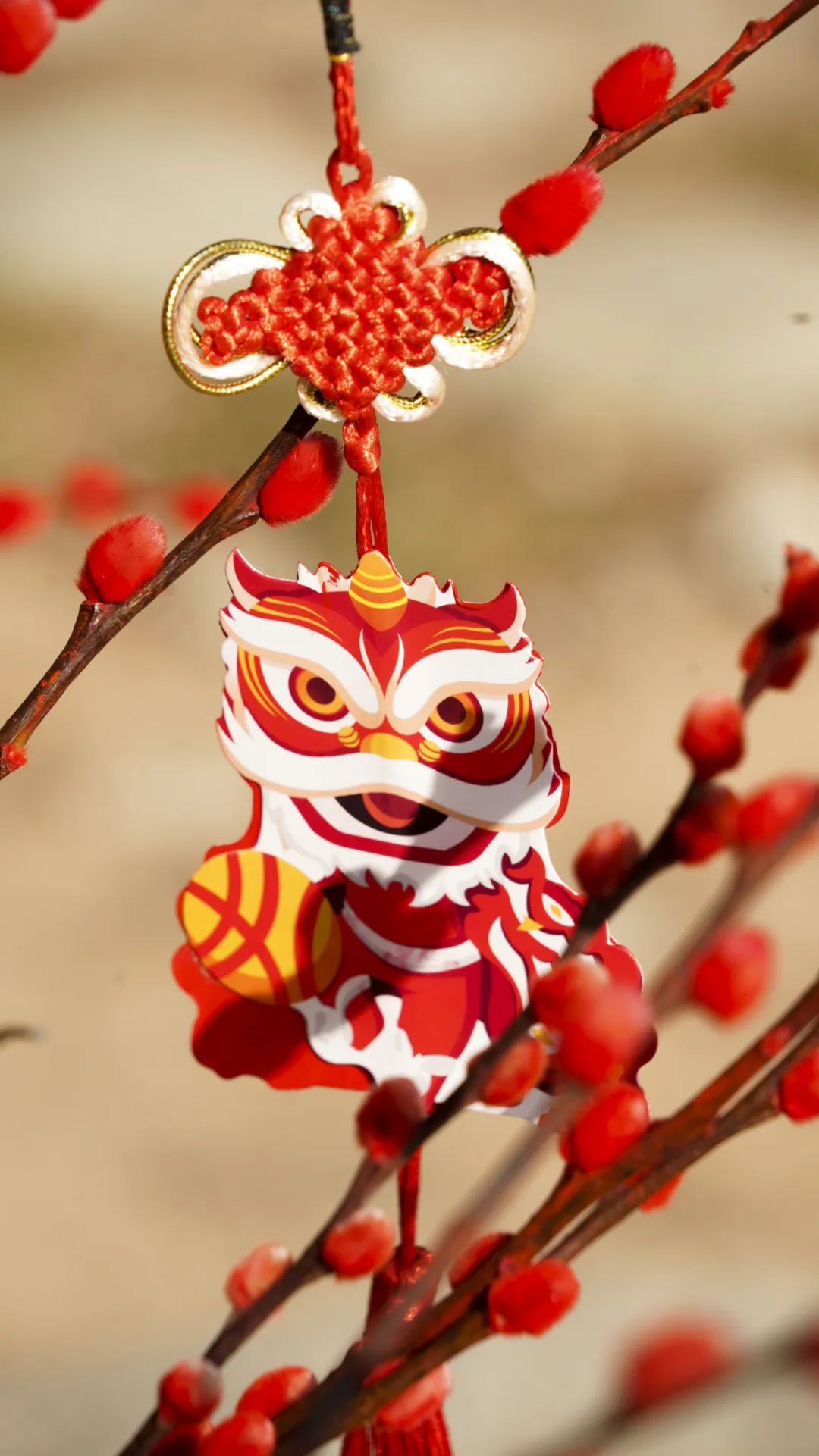

英文吉祥经

点击播放英文朗诵大吉祥经
DISCOURSE ON BLESSINGS
(MANGALA SUTTA)
Thus have I heard :
On one occasion, the Blessed One
was dwelling at the monastery of Anāthapindika
in Jeta’s Grove near Savathi.
When the night was far spent,
a certain deity whose surpassing splendour
illuminated the entire Jeta Grove,
came to the presence of the Blessed One,
and drawing near, respectfully saluted the Lord
and stood to one side.
Standing thus,
he addressed the Blessed One in verse :
Many deities and men, yearning afer good,
have pondered on Blessings.
Pray, tell me the Supreme Blessing.
Not to associate with fools,
to associate with the wise,
and honour those who are worthy of honour;
this is Blessing Supreme.
To live in a suitable locality,
to have done meritorious actions in the past,
and to have set oneself on the right course (towards emancipation);
this is Blessing Supreme.
Vast-learning, perfect handicraft,
a highly trained discipline
and pleasant speech;
this is Blessing Supreme.
The support of father and mother,
the cherishing of wife and children
and peaceful occupations;
this is Blessing Supreme.
Liberal giving, righteous conduct,
the helping of relatives
and blameless actions;
this is Blessing Supreme.
To cease and abstain from evil,
forbearance with respect to intoxicants
and steadfastness in virtue;
this is Blessing Supreme.
Reverence, humility,
contentment, bearing gratitude and
opportune hearing of the Dhamma;
this is Blessing Supreme.
Patience, being easy to advise,
sight of the Samanas (holy men),
and timely discussion of the Dhamma;
this is Blessing Supreme.
Self-control, living a noble life,
realizing the Noble Truths
and the atainment of Nibbāna;
this is Blessing Supreme.
He whose mind does not waver,
by contact with worldly contingencies,
sorrowless, stainless and secure;
this is Blessing Supreme.
To them, fulfilling maters such as these,
everywhere invincible,
in every way secure;
these are Blessings Supreme.
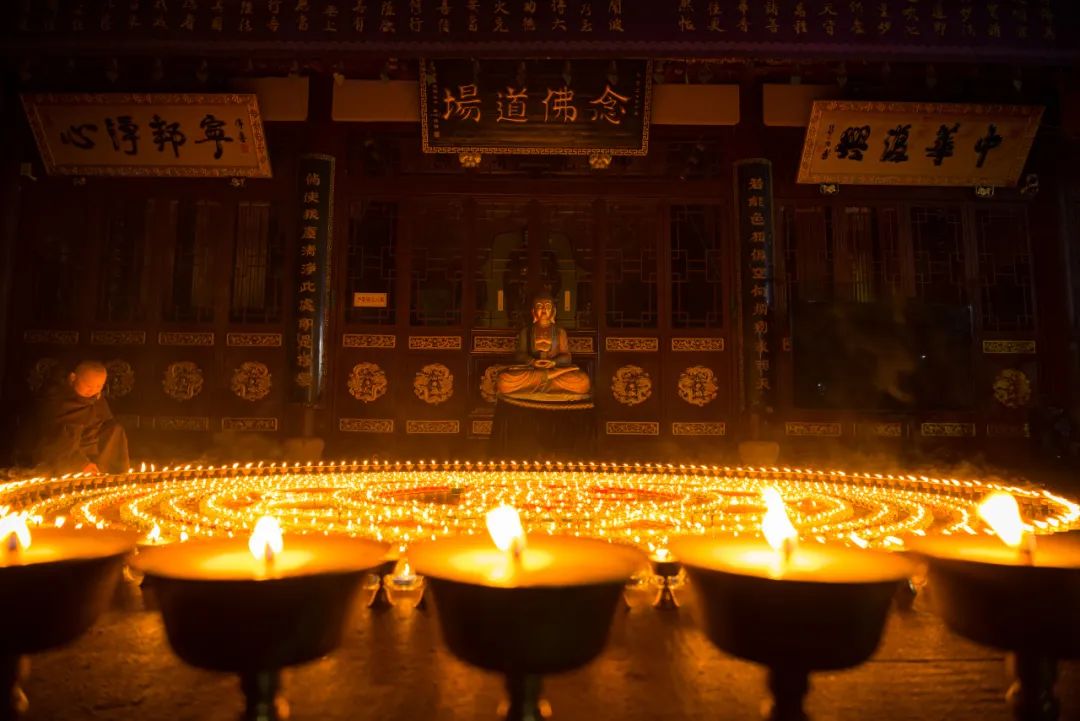
向上滑动阅览英文《吉祥经》背景故事
MANGALA SUTTA
Background Story
The word "Mangala" means "blessing", "auspicious sign" or "good omen". In ancient India,
people wanted to know what constituted real blessings that would make life happy for them.
This issue was even raised among the deities (devas) of the heavenly planes. The deities had argued, debated and discussed about it for twelve years. Some of them referred to "blessing" as that which was pleasurable to the senses - things that were pleasing to the eyes, ears, nose, tongue and body.
However, no satisfactory answer could be obtained.
Then, the devas from the Tavatimsa heavenly realm approached their leader, Sakka, for his views. Sakka advised the devas to consult the Buddha. Thus, one of the deities with surpassing splendour went to visit the Buddha at the monastery of Anathapindika in Jeta’s Grove near Savathi in the middle of the night. He asked the Buddha for the true meaning of "blessing". In response, the Buddha delivered the discourse now known as the Mangala Sutta, in which thirty-eight highest blessings were enumerated.
The Mangala Sutta is customarily chanted on auspicious occasions. The thirty-eight blessings are ethical and spiritual in nature, and provide step-by-step training for one’s journey in life. The sutta contains the Buddha’s advice and guidance for the ‘novice’ in life, and it ultimately leads one to liberation from suffering.
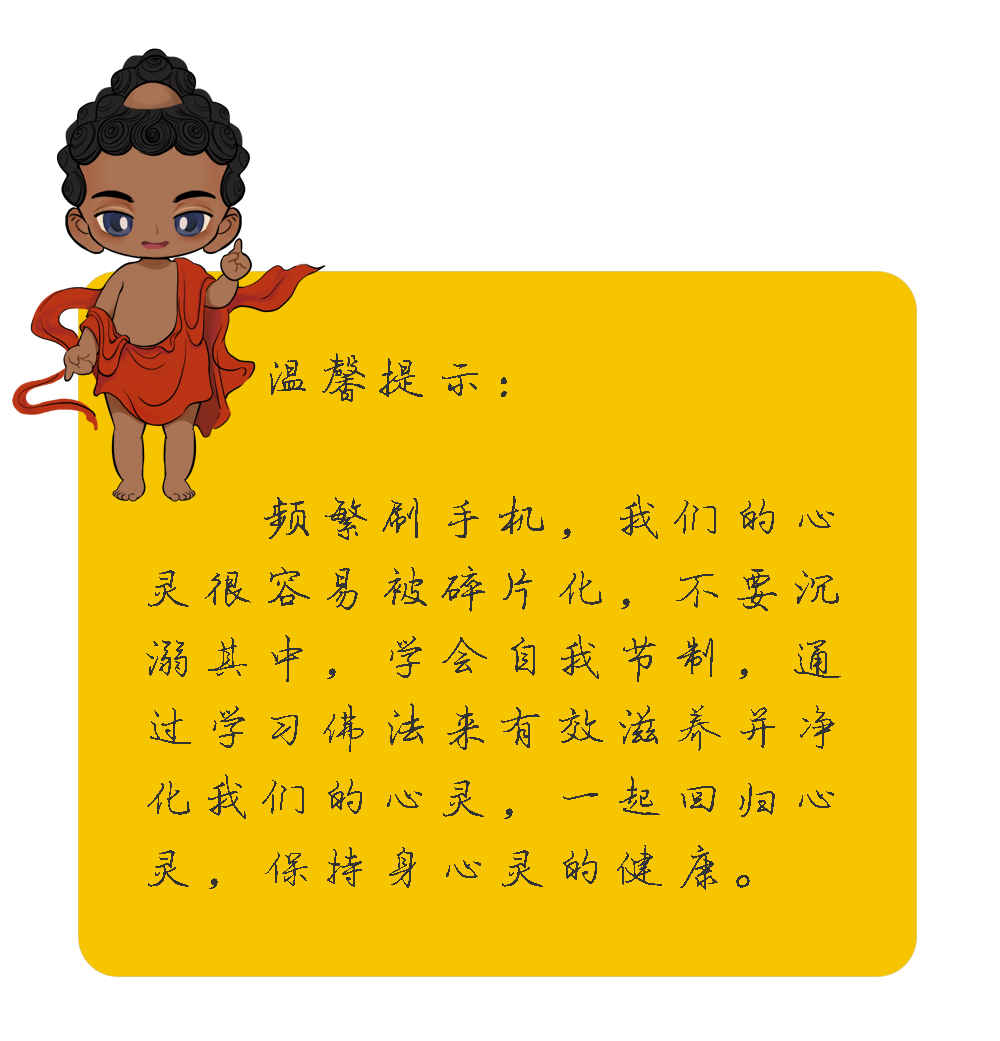
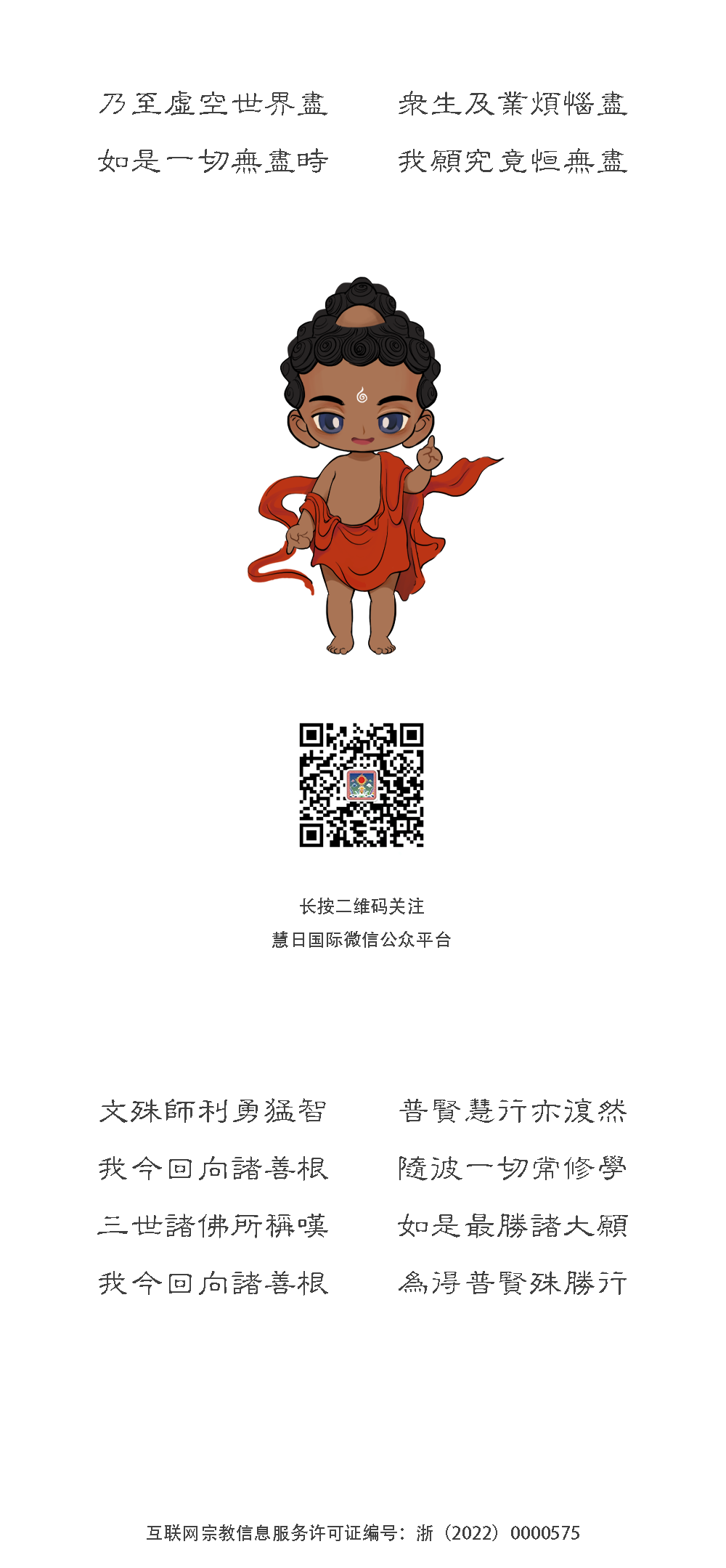
- 相关文章
- · 恭迎华严菩萨圣诞 || 愿华严之光遍照、一切有情吉祥平安
- · 在即将来临的新的一年,我们以怎样的生命状态去面对?
- · 除夕 || 除掉生命中的负能量,愿来年的每一个日日夜夜六时吉祥
- · 今日诵读《心经》,遣除一切违缘,新年平安吉祥!(附讲记全集)
- · 节俭 |《为佛》—— 悟公上人开示汇集(有声读物)
- · 除夕 | 念诵《心经》遣除一切违缘,佛光普照吉祥如意
- · 这个万家欢聚的时刻,我们怎样利济祖先?
- · 【六斋日】戒律的制定是佛陀内心流露出的对佛弟子的保护
- · 在修行觉悟的过程中,我们要给别人制造善因缘
- · 好事 |《为佛》—— 悟公上人开示汇集(有声读物)
- · 出了这个小“我”,就出三界了
- · “2”和“1”,你选哪一个?
- · 极乐世界的莲花 || 悟公上人《佛说阿弥陀经讲记》第二十课
- · 苦海无边,怎么出?
- · 虚云老和尚岁末法语
- · 求生净土,最简便稳当的方法 I 讲记45
- · 修行的各个阶段,都要有福报的基础
- · 涵养 |《为佛》—— 悟公上人开示汇集(有声读物)
- · 佛法承认有因果也有变量,这才是最宝贵的
- · 大寒 || 大寒念佛有精神,一句弥陀日日新